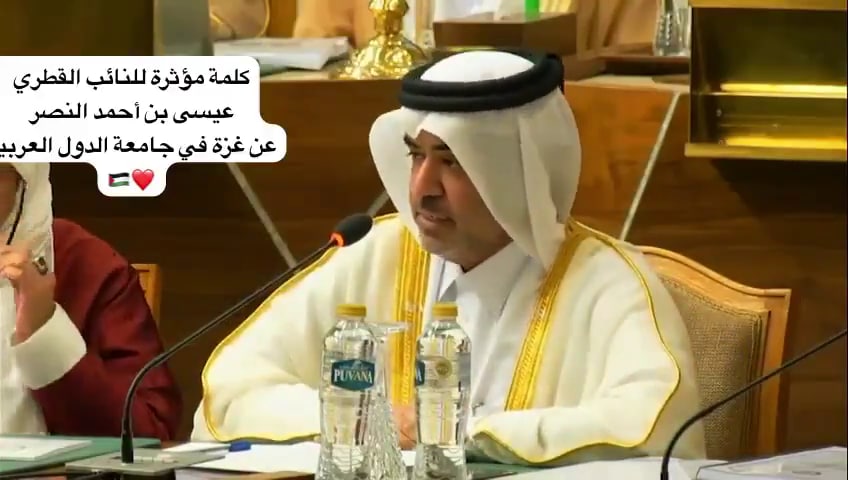
Palestinian Foreign Minister Riyad Al-Maliki said in an April 21, 2022 interview on Al-Mamlaka TV (Jordan) that the Biden administration only engages with the Palestinian issue when it is pressured to do so by an escalation of tensions. He gave the example of the current riots at the Al-Aqsa Mosque, saying that without these riots, U.S. Secretary of State Anthony Blinken would not have called PA President Mahmoud Abbas and a U.S. State Department delegation would not have come to the region. He said that this is "somewhat frustrating" and disappointing, since the Palestinians had expected the Biden administration to carry out its promises to the Palestinians, to be more hands-on with the Israeli-Palestinian conflict, and to pressure Israel to return to negotiations with the Palestinians. He also criticized the Biden administration for only getting closer to the Israeli position.
Riyad Al-Maliki: "If it wasn't for what is happening at the Al-Aqsa Mosque, the phone call between [Mahmoud Abbas] and Blinken would not have take place. If it wasn't for what is happening at the Al-Aqsa Mosque, the State Department's delegation would not have come to the region.

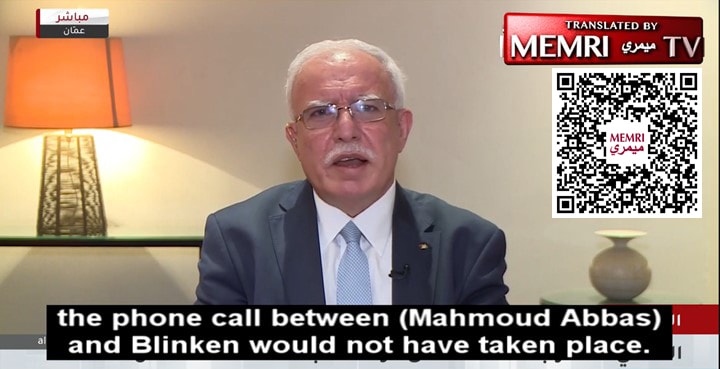
"In other words, this U.S. administration becomes slack when it is not faced with any pressure forcing it to act, because it goes back to forcing on its priorities, but when it sees that there is a real crisis and that the situation might explode, it comes running back to the region and becomes active.
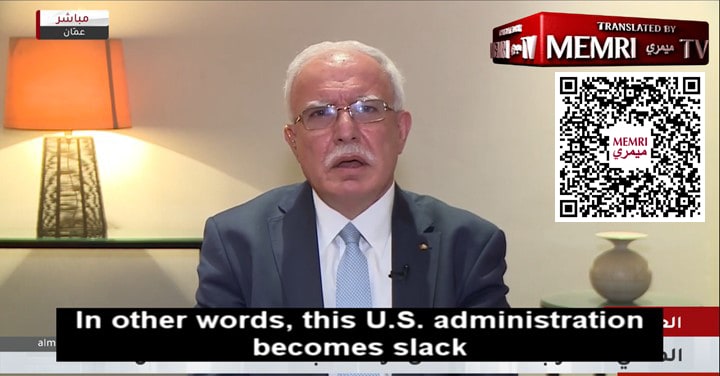
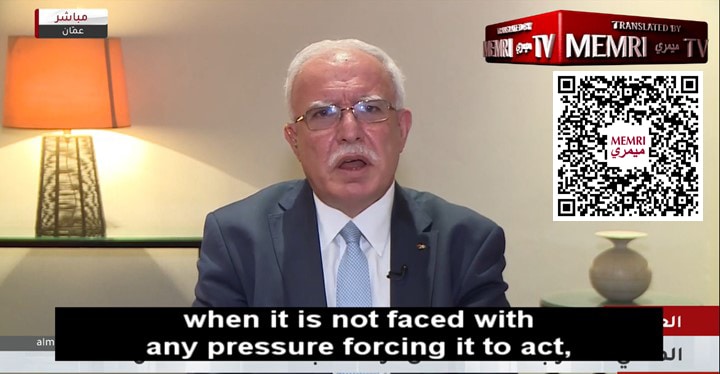


"We saw this last year, when Blinken came to the region in May, in order to talk about tahdiya, this is the reason we saw home coming to visit about a month ago, to ask us to work on tahdiya, during the blessed month of Ramadan, and this is the reason Blinken spoke to President [Abbas] two days ago.
"In other words, when it comes to the Palestinian cause, the U.S. administration unfortunately only takes action when it feels that it is compelled to make statements, because of the situation and the escalation on the ground.
"We had expected — but unfortunately this did not happen — a U.S. administration that would be more hands-on, and that would care more about pressuring Israel to return to the negotiations. Unfortunately, the U.S. administration does not make sufficient efforts to force or to convince the current Israeli government to sit and negotiate with the Palestinian side.


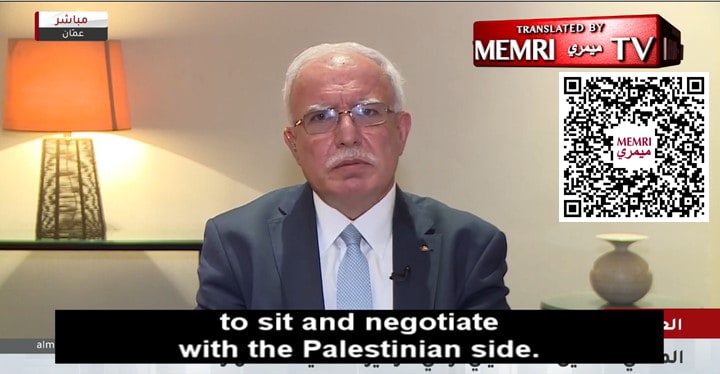
"Instead of drawing the Israeli position closer to its own position, we see that the U.S. administration gets closer to the Israeli position. It takes into consideration all the issues raised by the Israeli side.
"We are not seeing the kind of [American] activity we were expecting. We do not see the kind of commitment, responsibility, and engagement that we were expecting, nor are we seeing the fulfillment of the commitments that have been made to us since the arrival of President Biden to the White House, as we were expecting. This is somewhat frustrating."













